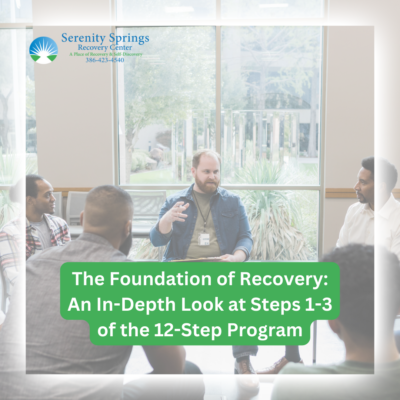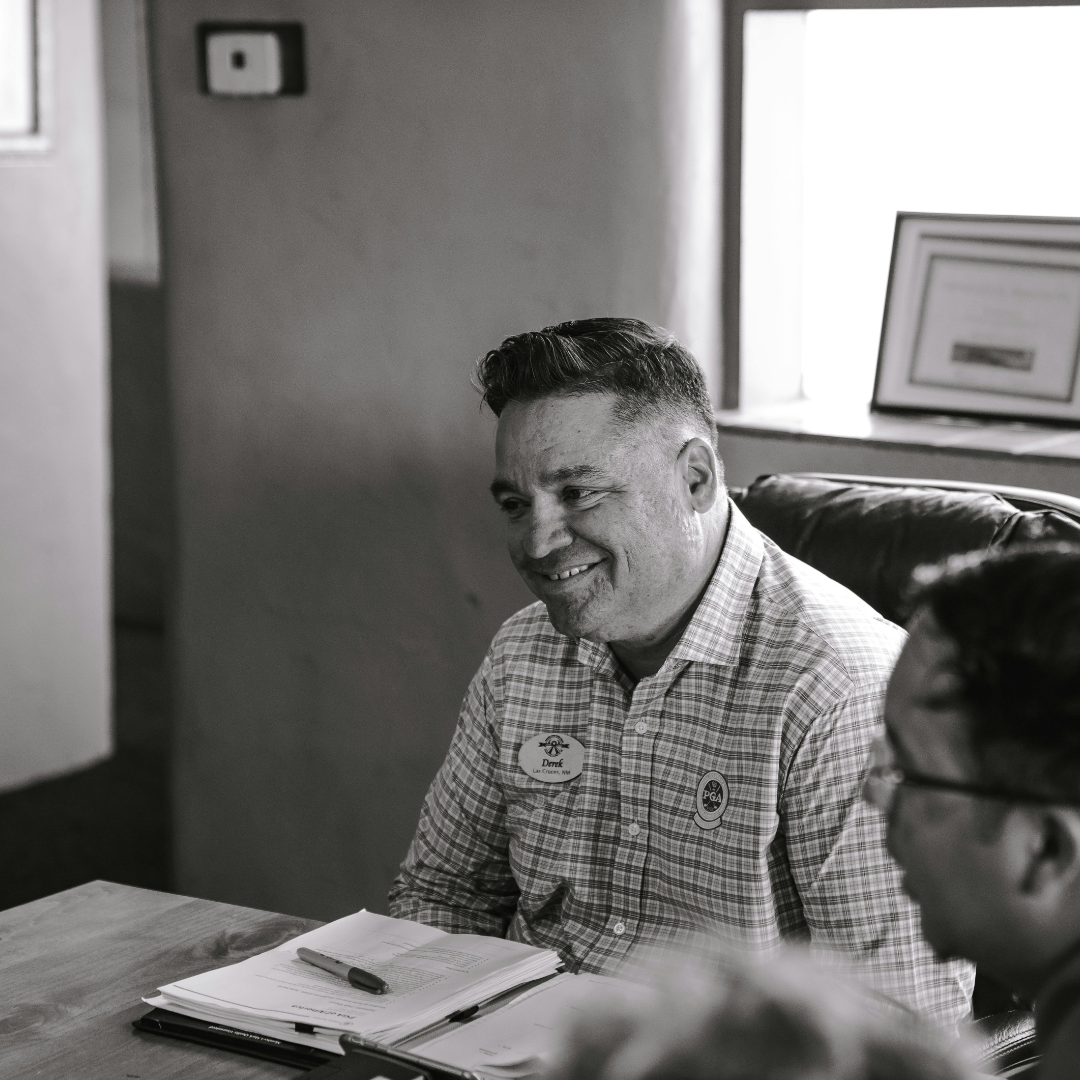The Foundation of Recovery: An In-Depth Look at Steps 1-3 of the 12-Step Program

The 12-step program, initially developed by Alcoholics Anonymous (AA), serves as a guiding framework for individuals battling addiction. The program’s structured approach has been pivotal in helping countless individuals achieve sobriety. Below, we delve into the first three steps, examining their processes, benefits, and challenges, and highlighting their significance in the recovery journey.
Step 1: We admitted we were powerless over alcohol—that our lives had become unmanageable.
Process
The first step is about acknowledging the reality of addiction. This involves a deep introspection and honest self-assessment. Individuals must confront the truth about their inability to control their drinking or drug use and recognize the chaos it has caused in their lives.
- Self-Reflection: Individuals examine their behaviors, consequences, and the impact of their addiction on themselves and others.
- Honesty: They must be truthful with themselves and others about their addiction and its effects.
- Acceptance: This step requires accepting that they cannot overcome addiction through willpower alone.
Benefits
- Breaking Denial: Admitting powerlessness helps break the cycle of denial and rationalization.
- Foundation for Recovery: It lays the groundwork for seeking help and support from others.
- Relief: There can be a sense of relief and liberation in admitting the truth.
Challenges
- Fear of Vulnerability: Admitting powerlessness can make individuals feel vulnerable and exposed.
- Stigma: There is often a societal stigma associated with admitting to an addiction.
- Resistance: Many people struggle with the idea of being powerless and may resist this admission.
Step 2: Came to believe that a Power greater than ourselves could restore us to sanity.
Process
Step 2 focuses on developing a belief in a Higher Power that can provide guidance and strength beyond one’s own abilities. This step encourages individuals to look beyond themselves for help.
- Open-Mindedness: Individuals are encouraged to be open to new ideas and perspectives about a Higher Power.
- Exploration: They explore different concepts of a Higher Power, which can be spiritual, religious, or simply the collective strength of the group.
- Faith: Developing a sense of faith that this Higher Power can aid in their recovery.
Benefits
- Hope: Believing in a Higher Power instills hope and optimism about recovery.
- Support: It helps individuals feel supported by a force greater than themselves.
- Perspective: This step provides a new perspective, shifting the focus from self-reliance to external assistance.
Challenges
- Skepticism: Individuals may be skeptical about the concept of a Higher Power, especially if they have a secular outlook.
- Negative Associations: Past negative experiences with religion or spirituality can hinder acceptance.
- Defining the Higher Power: Struggling to define what this Higher Power means personally can be challenging.
Step 3: Made a decision to turn our will and our lives over to the care of God as we understood Him.
Process
Building on the belief in a Higher Power, Step 3 involves a conscious decision to surrender control and entrust one’s will and life to this Higher Power.
- Commitment: Individuals make a commitment to trust their Higher Power and follow its guidance.
- Surrender: They actively practice letting go of self-will and control.
- Action: This step often involves specific actions or rituals to symbolize this surrender, such as prayer or meditation.
Benefits
- Relief from Burden: Surrendering control can provide relief from the burden of trying to manage addiction alone.
- Guidance: It allows individuals to seek and follow guidance, leading to better decision-making.
- Strength: Trusting in a Higher Power can provide strength and resilience during difficult times.
Challenges
- Fear of Letting Go: Many individuals fear the unknown and are hesitant to relinquish control.
- Trust Issues: Past betrayals or disappointments can make it difficult to trust in a Higher Power.
- Consistency: Maintaining this decision and consistently practicing surrender can be challenging.
Embracing the Journey: The Impact of the First Three Steps on Recovery
The first three steps of the 12-step program form a crucial foundation for the journey of recovery. These steps involve profound personal admissions, the development of faith in a greater power, and a commitment to entrust one’s life to this power. Each step presents unique challenges, such as fear of vulnerability, skepticism, and difficulty in letting go, but also offers significant rewards, including breaking denial, instilling hope, and providing relief from the burden of addiction. Understanding and embracing these steps can be a transformative process, leading individuals towards a path of sobriety and a more manageable, fulfilling life.




